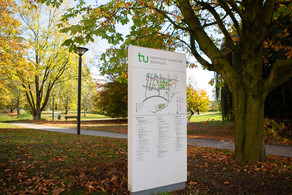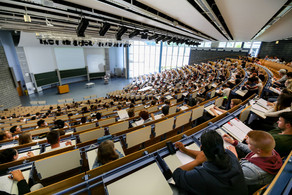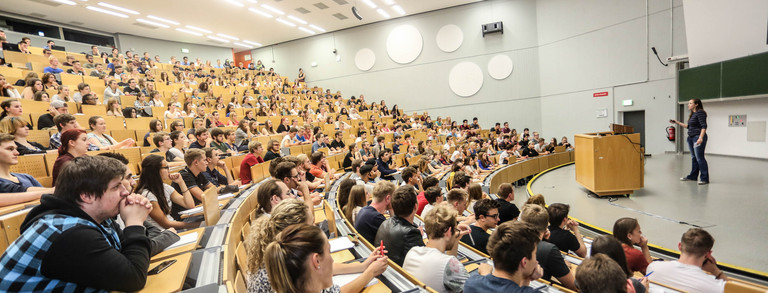Electric Drive Systems
This course introduces the advanced fundamentals of electric drive systems. It provides both theoretical principles and essential methods for analyzing and controlling electric drives. The teaching content includes:
- Structure of electric drive systems
- Principles and modeling of electrical machines
- Variable speed operation and position sensing methods.
- Drive inverters and modulation techniques
| Subject | Lecturer | Dates | Documents |
| Lecture | Prof. Dr.-Ing. Martin Pfost | LSF | Moodle |
| Exercise | M.Sc. Moritz Seidel | LSF | Moodle |
Course of Study: Master Elektro- und Informationstechnik / Master Sustainable Energy Systems
Module: ETIT-283 (Module Book)
Title: Electric Drive Systems
Study section: 3. Semester
Credits: 5
Attendance rate: 35 h
Self-study: 115 h
After successful completion, students will be familiar with the essential properties of the electrical machines used in electric drive systems today and with their application in traction and industry. They are able to mathematically describe and design drive control systems consisting of electrical machines and drive inverters. They successfully apply the common methods for speed control including sensorless operation.
By completing the module, students should also be able to recognize and incorporate the challenges of today's and future digital societies and thus assume social responsibility. In the field of electric drive systems, this includes, for example, raising awareness of socially relevant topics such as age and technology or circular economy and sustainability.
Module Exam: oral exam (max. 40 minutes) or written exam (max. 180 minutes)
The examination can be taken together with the module ETIT 220 (Design and Operation of Electrical Machines).
Recommended prerequisites: Fundamentals of electrical machines.
D. Schröder: Regelung von Antriebssystemen




